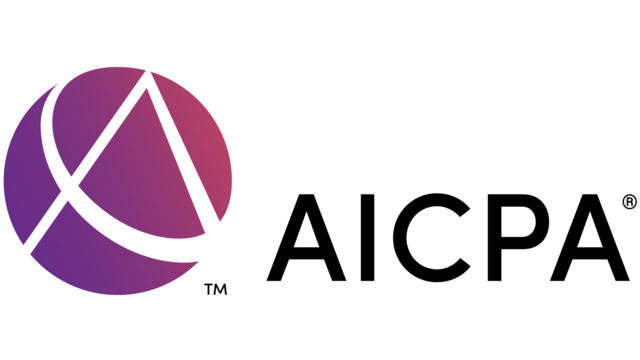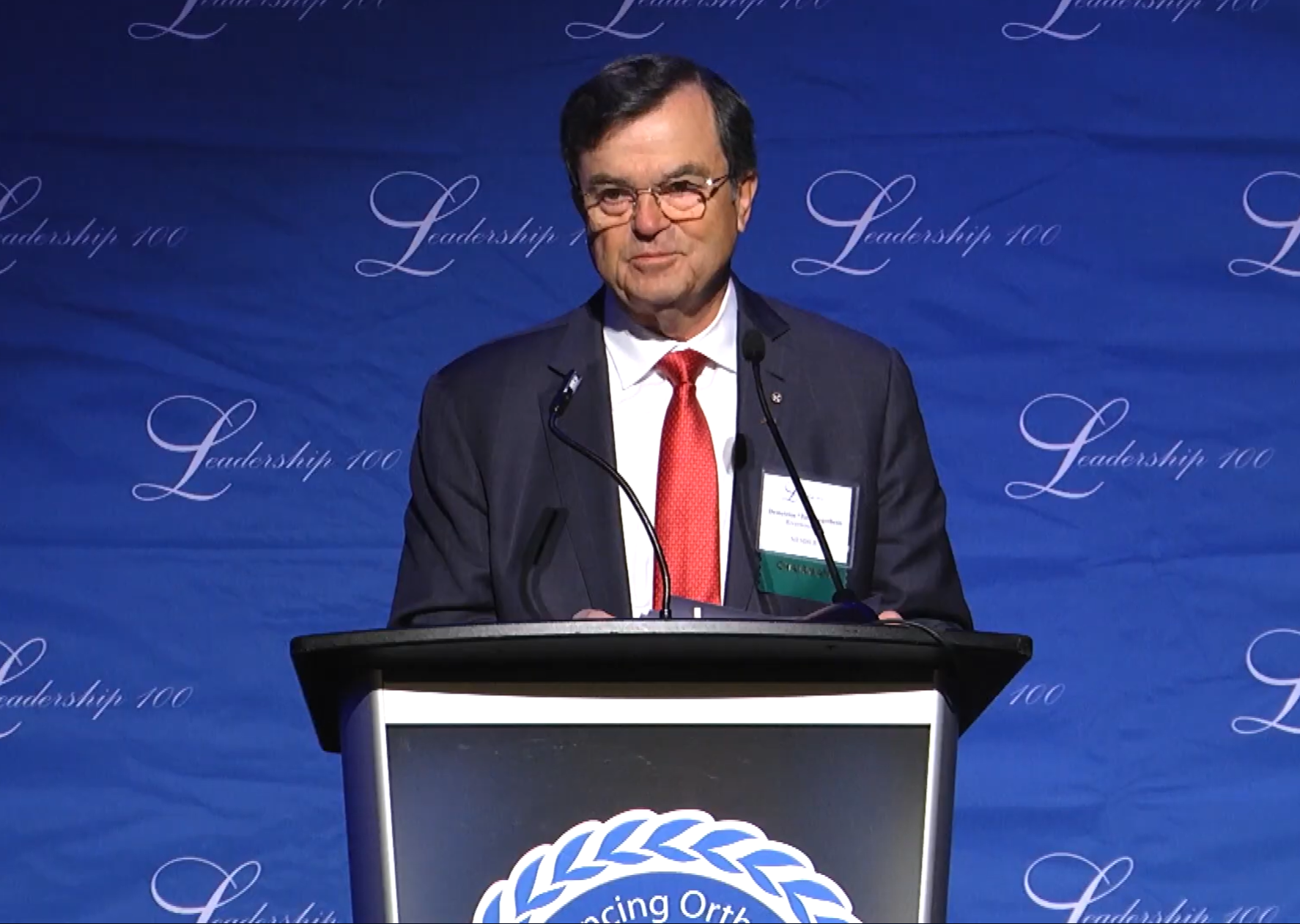AICPA News is a round-up of recent announcements from the AICPA.
AICPA Releases New FAQ for Employee Benefit Plan Auditors
The American Institute of CPAs (AICPA) has issued a new resource for auditors of ERISA plan financial statements. The Employee Benefit Plans Industry FAQ with Illustrative Auditor’s Reports for Initial Year of Implementation of SAS No. 136, as Amended, provides nonauthoritative guidance on auditor’s reports for the initial implementation year of AICPA Statement on Auditing Standards (SAS) No. 136 — Forming an Opinion and Reporting on Financial Statements of Employee Benefit Plans Subject to ERISA, as amended.
Because ERISA requires the presentation of certain comparative financial statements, this resource provides the auditor with illustrations and options for reporting during the implementation year of the EBP SAS. Be sure to visit the AICPA’s Employee Benefit Plan Audit Quality Center (EBPAQC) to access more EBP audit resources.
AICPA Issues New Standard on Auditor’s Risk Assessment
The AICPA Auditing Standards Board (ASB) has issued Statement on Auditing Standards (SAS) No. 145, Understanding the Entity and Its Environment and Assessing the Risks of Material Misstatement, to supersede SAS No. 122, as amended, section 315 of the same title, and to amend various AU-C sections in AICPA Professional Standards.
SAS No. 145 addresses the auditor’s responsibility to identify and assess the risks of material misstatement in the financial statements. The SAS enhances the requirements and guidance on identifying and assessing the risks of material misstatement, in particular the areas of understanding the entity’s system of internal control and assessing control risk. The SAS revises the definition of significant risk, includes new guidance on maintaining professional skepticism, and includes a new “stand-back” requirement intended to drive an evaluation of the completeness of the identification of significant classes of transactions, account balances, and disclosures by the auditor. The SAS also includes extensive guidance regarding the use of information technology (IT) and the consideration of IT general controls.
On Nov. 16 from 1:00 – 2:00 PM EST the AICPA will be hosting a webcast to help practitioners prepare for the new risk assessment standard. Attendees will learn how to determine their responsibility to identify and assess the risks of material misstatement in the financial statements; apply the new concepts in SAS No. 145 as they begin to plan and perform audits and apply the enhanced or new requirements or guidance in SAS No. 145. The webcast is free of charge to AICPA members.
AICPA Honors Bel Needles with Gold Medal of Distinction
The AICPA recently announced Belverd (Bel) Needles, CPA, CGMA, Ph.D., as the recipient of the 2021 AICPA Gold Medal Award of Distinction
The Gold Medal is the highest honor granted by the AICPA. Since 1944, it has been bestowed upon CPAs whose influence on the accounting profession has been especially notable.
Needles has spent more than 40 years at DePaul University, where he was one of the founding Directors of the School of Accountancy and currently serves as EY Distinguished Professor of Accountancy. He was the key driver of adding Management Information Systems (MIS) to the Accountancy curriculum and the establishment of the School of Accountancy & MIS and developed the first combined 150-hour undergraduate and graduate program in Illinois in response to the new CPA requirement.
Needles spent more than three decades volunteering within the profession and AICPA serving on a variety of task forces and committees including chair of the AICPA’s Accounting Education Executive Committee (1994-96). He is also a long-standing member of the Illinois CPA Society (ICPAS).
He received many career awards including AICPA’s Distinguished Achievement in Accounting Education Award and upon retiring, he received the Via Sapientiae Award from DePaul University, the highest award for service to the university.
AICPA Supports Provisions of Reconciliation, Submits Recommendations
The AICPA has submitted comments to the Congressional tax-writing committees’ leadership on several tax provisions. The AICPA supports several tax provisions in the reconciliation bill, expresses concern with others, and has provided comments and suggestions for improvement:
AICPA Supported Provisions in the House Reconciliation Legislation:
- Individual Tax Provisions
- Child Tax Credit Modifications
- Child and Dependent Care Tax Credit Changes
- Employer-Provided Dependent Care Assistance Exclusion
- Temporary Rule to Allow Certain S Corporations to Reorganize as Partnerships Tax-Free
- Deferral of IRC Section 174 Amortization
- International Tax Provisions
- Restoration of Former IRC Section 958(b)(4) Deduction of Foreign Source Portion of Dividends Limited to Controlled Foreign Corporations
- Modification to Base Erosion and Anti-Abuse Tax
- GILTI Changes to Carryforward Losses
- Modifications to Foreign Tax Credits
- Limiting Section 78 Gross-up to IRC Section 960(a) and (d) Taxes
AICPA Concerns with Certain Tax Provisions in the House Reconciliation Legislation:
- IRC Section 199A – Deduction for Qualified Business Income
- IRC Section 461(l) – Excess Business Losses
- IRC Section 162(m) – Limitation on Deduction of Excess Employee Remuneration
- Employee Benefits Tax Provisions
- Contribution Limit for Individual Retirement Plans of High-Income Taxpayers with Large Account Balances
- Tax Treatment of Rollovers to Roth IRAs and Accounts
- Prohibition on Certain IRA Investments
- Statute of Limitations with Respect to IRA Noncompliance
- Trust and Estate Tax Provisions
- Valuation Concerns
- Grantor Trusts
- Estates
- Modification to Treatment of Certain Losses under IRC Section 165(g)
- Limitation on Certain Special Rules for IRC Section 1202 Gains
- Modification of Procedural Requirements Relating to Assessment of Penalties
Thanks for reading CPA Practice Advisor!
Subscribe Already registered? Log In
Need more information? Read the FAQs
Tags: Benefits





